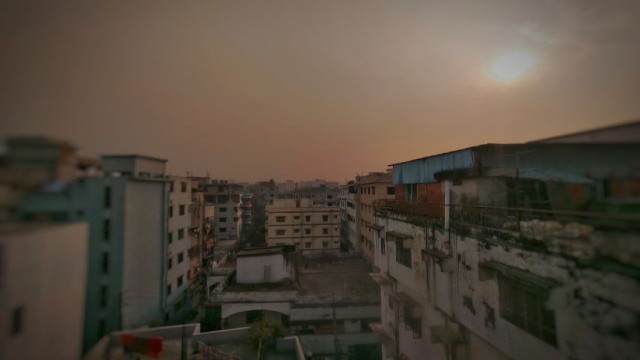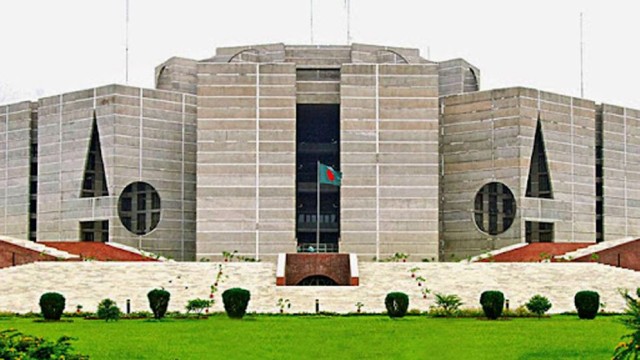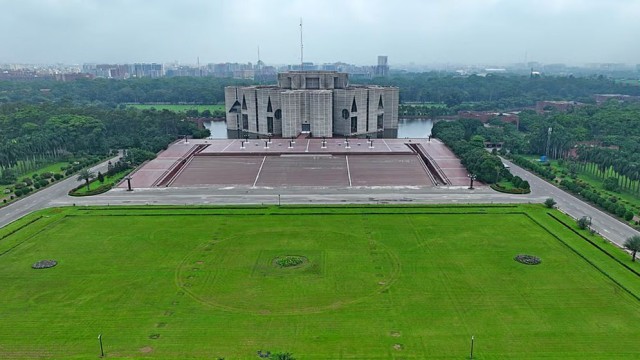This morning, Dhaka's air quality remained in the ‘moderate’ category. At 9:09 am, the city's Air Quality Index (AQI) score was 85, placing it 12th among cities globally with the worst air quality.
Kampala in Uganda, Lahore in Pakistan, and Santiago in Chile ranked first, second, and third on the list with AQI scores of 179, 163, and 154, respectively.
An AQI score between 50 and 100 is classified as ‘moderate’ and indicates acceptable air quality. However, it may pose a health concern for a small number of people particularly sensitive to air pollution. Scores between 150 and 200 are deemed 'unhealthy,' 201 to 300 'very unhealthy,' and 301+ 'hazardous,' posing severe health risks.
In Bangladesh, the AQI is measured based on five pollutants: particulate matter (PM10 and PM2.5), nitrogen dioxide (NO2), carbon monoxide (CO), sulfur dioxide (SO2), and ozone (O3).
Dhaka has long struggled with air pollution, which typically worsens during the winter and improves during the monsoon season.
Globally, air pollution is one of the leading risk factors for death and disability. According to the World Health Organization (WHO), air pollution is responsible for an estimated seven million deaths annually.































Comment: